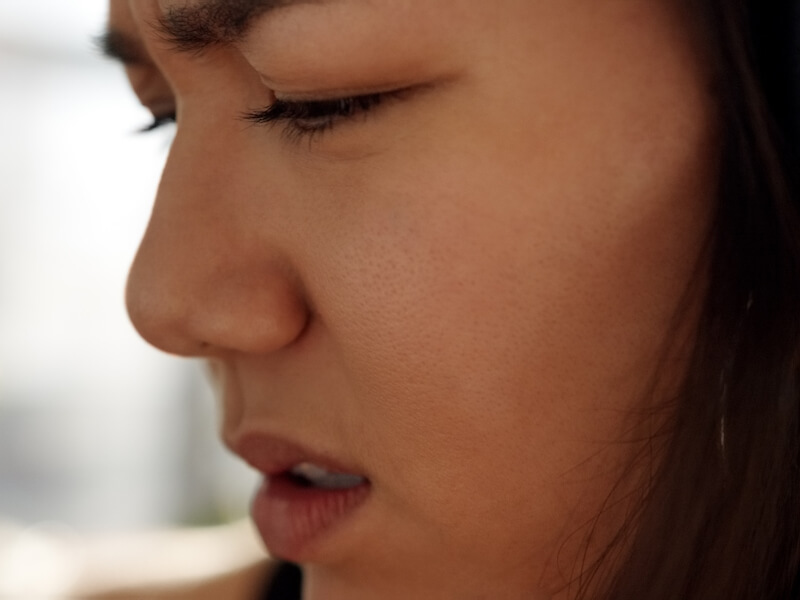
As you probably know, extended periods of stress aren’t good for the body. When you are afflicted by chronic stress, everything from headaches to extreme muscle aches can be the result. But did you recognize stress can also lead to tinnitus, a ringing, buzzing, or clicking in the ears?
Tinnitus can be triggered by various different health factors, including stress, sinus infections, or loud sounds. Let’s have a peak at some potential causes.
Unhealthy Stress – How to Identify it
You might be wondering how stress contributes to tinnitus. It’s often easy to neglect how extreme the medical impact of stress can be on our bodies. Neglecting stress isn’t a good idea.
Healthy Stress
Short term stress can actually be a really motivating factor with regards to completing tasks. Stress can provide a boost of energy and adrenalin to complete tasks and projects that really need to be finished.
There is a difference, though, between healthy, temporary stress and unhealthy, harmful stress. Healthy stress helps you reach a goal without damaging your body. Unhealthy stress is harmful for your body.
Unhealthy Stress
Unhealthy stress is caused by the fear of something that, more often than not, never actually happens. When a person stays in a heightened state of anxiety, the outcome is often unhealthy stress.
Unhealthy stress is associates with our “fight or flight” response, a normal reaction that helps keep us safe in dangerous conditions. When a person stays in a hyper-stressful condition for a long period, it can result in harmful physical symptoms.
Worrying
Unhealthy stress is frequently the result of worrying. We might exaggerate the importance of a situation or a relationship with another person. We may convince ourselves we destroyed a chance at a promotion because of something we said. When you worry in this way your intrusive thoughts can really get away from you.
Unhealthy Stress And Invasive Thoughts
We may believe that we are falling behind and failing to accomplish our daily schedule. Obsession, unending internal dialog, and even panic attacks are a common part of this kind of stress. Eventually, our unhealthy stress wears on our bodies unless we do something to curtail these thoughts.
Usually, unhealthy stress affects the upper part of the body by producing pain and muscle tension. The shoulders, neck, head, and jaw are areas that can be affected.
Anger And Jaw Tension
Have you ever heard someone describe their anger as jaw clenching? Stress, worry, anger, and intrusive thoughts frequently come with jaw strain.
Continuous tension can put pressure on the delicate bones of the inner ear and eardrum. Ringing in the ears can be the outcome.
Sinus Infections And Ear Strain
From sore throats to stuffy noses, sinus infections bring lots of unwelcome symptoms.
Sinus pressure, headaches, and pressure in the ears are common symptoms of a sinus infection. A buzzing, clicking and ringing can be the result.
When you have a sinus infection, your nasal congestion often spreads to your ears. This can create excessive earwax, which leads to clogged ears and intense pressure on the eardrums. Pressure on the tiny bones of the inner ear can cause tinnitus symptoms.
If the ringing is triggered by a sinus infection it will most likely go away by itself and you won’t need to see a hearing professional. But you should absolutely make an appointment with us if the ringing persists for more than a few days.
Extended Exposure to Loud Noises
Long-term ringing in the ears will probably not happen as a result of the occasional concert. If you repeatedly expose your ears to intense sounds, however, you could be putting stress on the tender areas of your ears.
When you expose your ears to intense noises on a regular basis, your eardrums and the bones of the inner ears are put under a great deal of strain, which can lead to ringing, buzzing, or clicking.
Beyond the occasional ringing in your ears, exposure to intense sounds over a prolonged period can trigger temporary or permanent hearing loss. It’s essential to protect your hearing from the elements and listen to music at a sensible volume level.
Protecting Your Ears
Tinnitus is not something you should dismiss whichever one of these is causing it. Getting your hearing examined by a hearing professional regularly is your best bet. For your peace of mind, you should get checked, particularly if you suspect that your tinnitus is being caused by a significant underlying medical problem.
